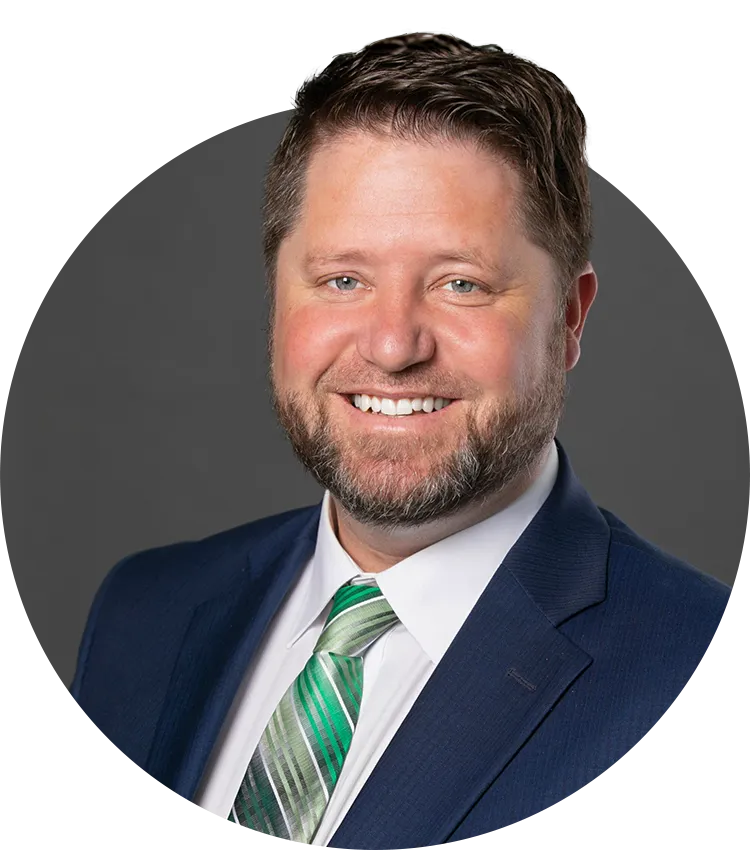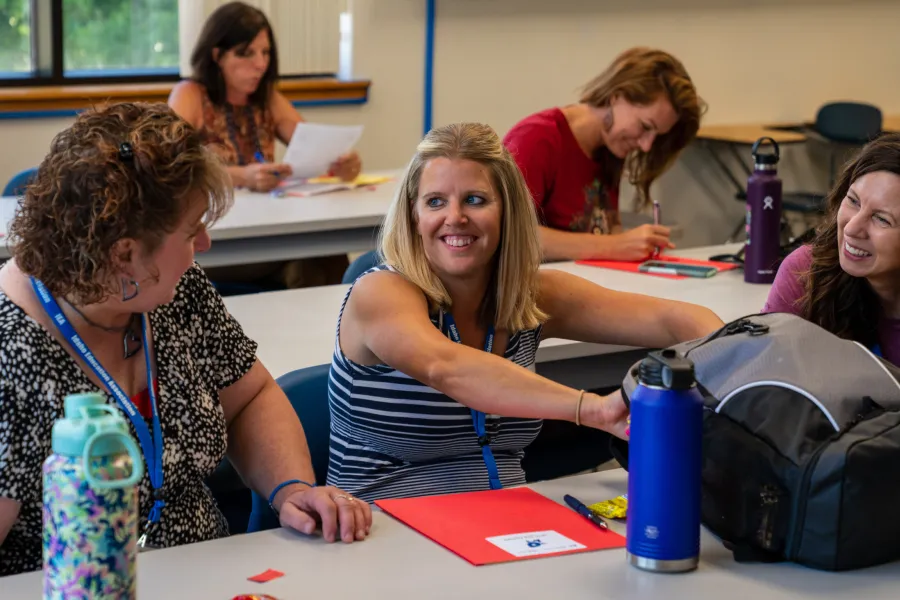
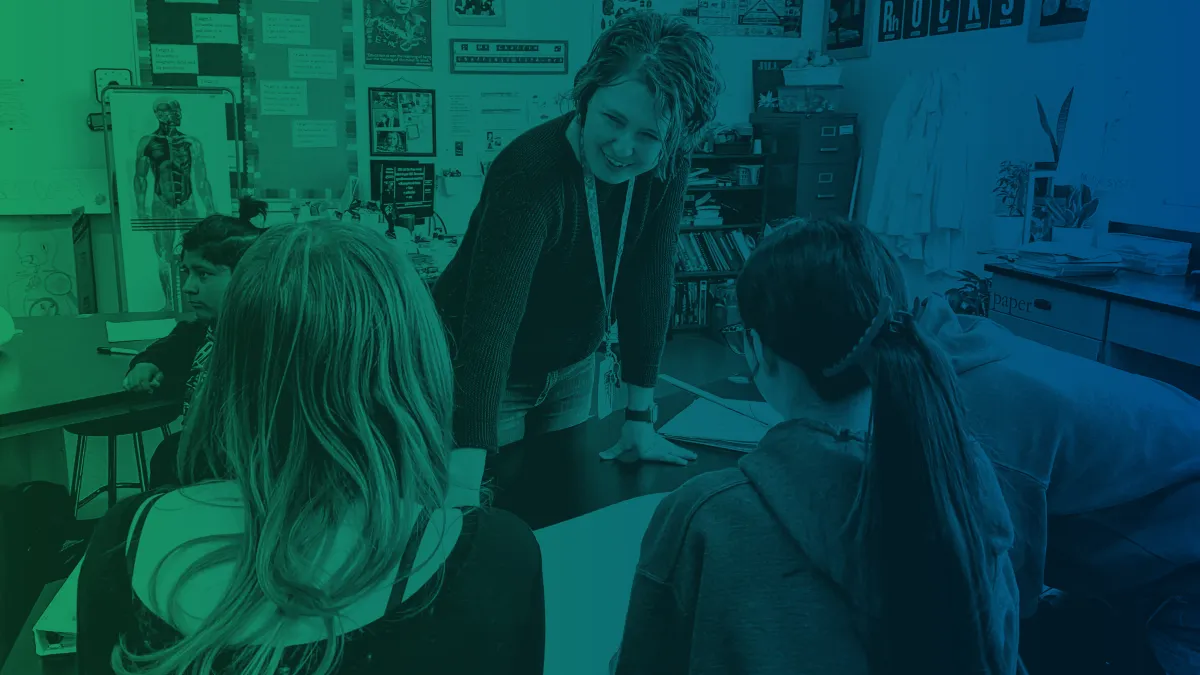
Idaho Education Association We are Idaho's public school educators.
As the Idaho Education Association, we support and advocate for all of our educator colleagues across the state — elementary and secondary teachers, education support professionals, school administrators, aspiring educators and retired educators.
IEA Reporter
IEA Voucher Lawsuit Faces Monday Milestone
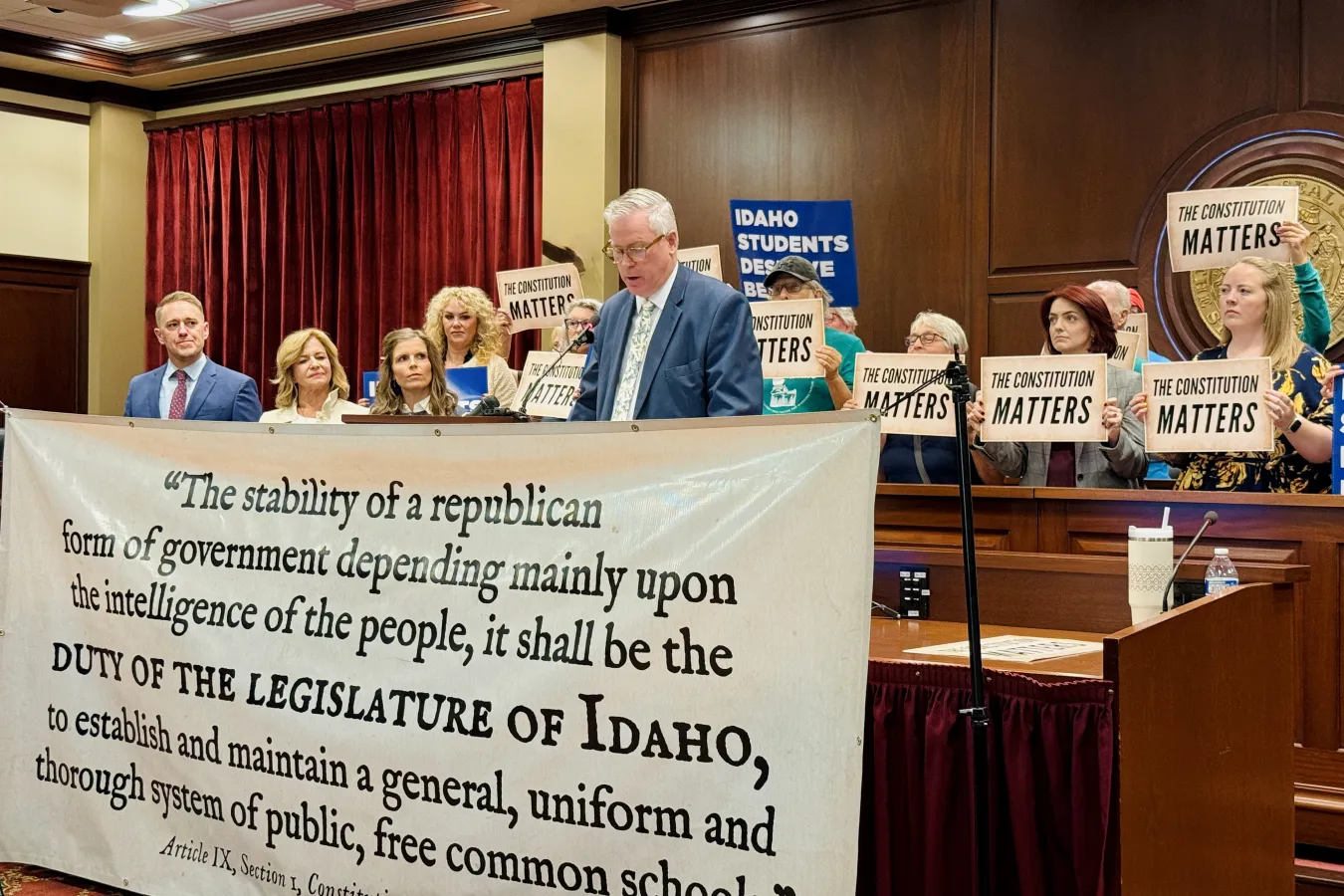
IEA Voucher Lawsuit Faces Monday Milestone
In September, Idaho Education Association joined other petitioners in asking the Idaho Supreme Court to rule the state’s new private school voucher program unconstitutional.
WARNING! Zombies Ahead!

WARNING! Zombies Ahead!
Two Moscow Education Association members have taken an unusual approach to teaching mapping.
Turnout Was the Deciding Factor for Many Bonds and Levies
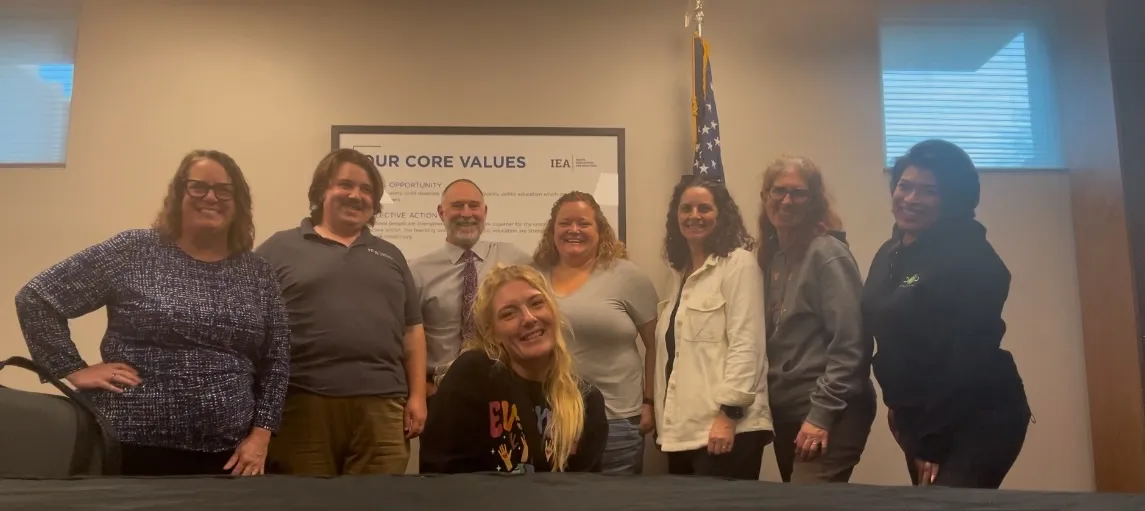
Turnout Was the Deciding Factor for Many Bonds and Levies
Some failed by heartbreakingly thin margins — but IEA members scored a big win in the West Ada School District.
CEA Educator Puts Idaho on the Map — Again
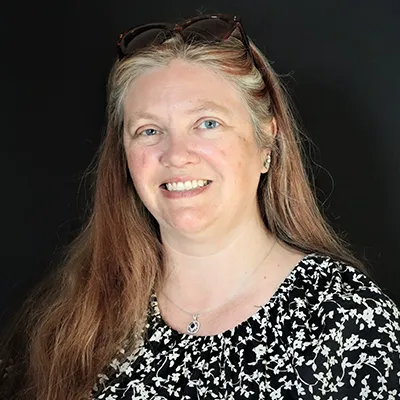
CEA Educator Puts Idaho on the Map — Again
Dr. Melyssa Ferro is up for one of the top honors in the nation.
A SPED Funding Showdown Is Brewing. Will It Boil Over?
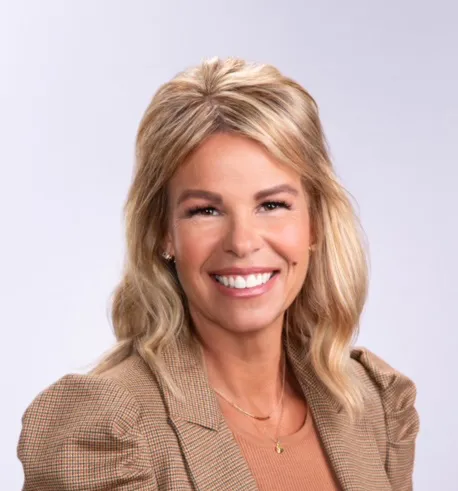
A SPED Funding Showdown Is Brewing. Will It Boil Over?
The gap between what public schools need for special education and what the Idaho Legislature is willing to provide is growing, and recent moves are setting the stage for a dispute during the 2026 session.
Your voice. Your profession. Your union. Membership Makes A Difference
Being an IEA member means having the tools, training, and support to advocate for yourself, your students, and your profession. Together, we elevate the teaching profession and protect the future of Idaho’s public schools.

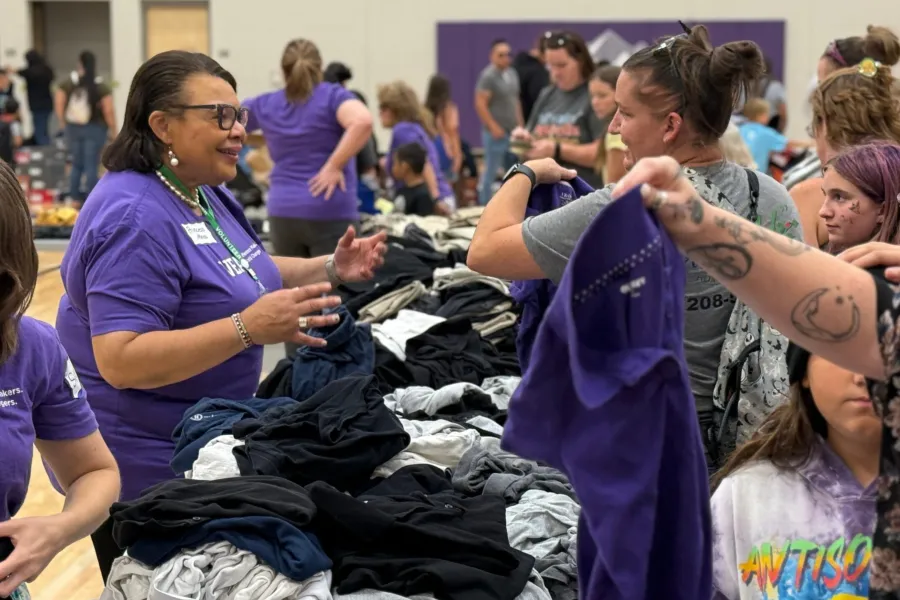
Discounts, Savings, Grants and More
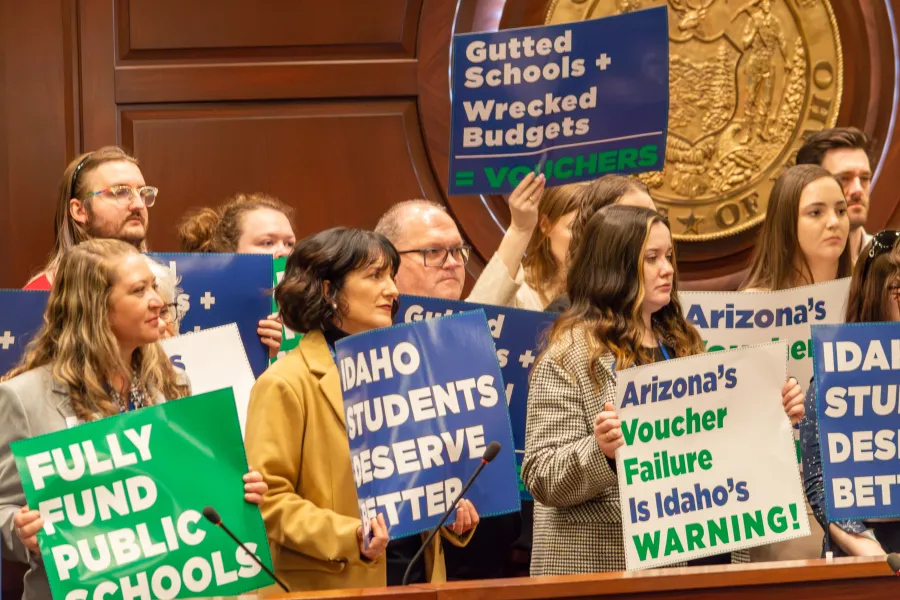
Public Education Advocacy
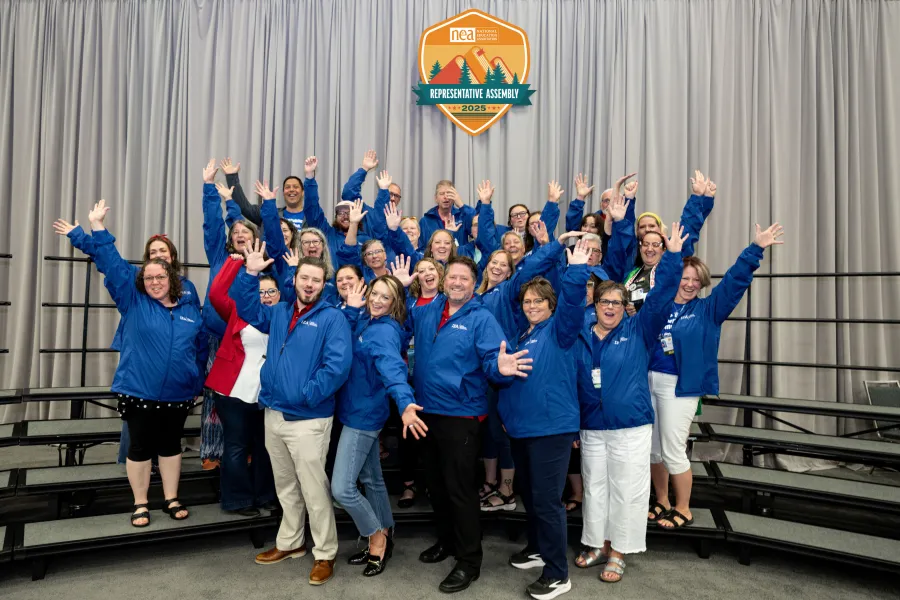
Connection and Support
Stand with Us
No one fights harder for Idaho's students, educators, and public education.
IEA Advocacy Actions and Resources
Idaho Education Issues and Challenges
No public dollars for private schools
IEA Advocacy Actions and Resources
In 2025, anti-public education forces succeeded in bringing private school vouchers to Idaho, after out-of-state billionaires and their allies spent years and millions of dollars electing pro-voucher policymakers and hiring lobbyists. House Bill 93 clearly violates the Idaho Constitution and was approved by lawmakers and signed into law over the vocal opposition of tens of thousands of Idahoans. IEA members have always opposed vouchers and will use every means possible — legal, legislative and electoral — to roll back this law and prevent its expansion. Join the fight!
Act Now
Idaho schools and communities urgently need more mental health resources
IEA Advocacy Actions and Resources
Idaho’s students are facing a growing mental health crisis, but too many schools and communities lack the counselors, social workers, and supports they need. Students are 10 times more likely to seek help when mental-health support is available in school. Urge your legislators to invest in stronger mental health resources for Idaho kids — and share a personal story about how this issue affects your classroom, family, or community.
Act Now
It's time to end the era of chronic underfunding and invest in our schools
IEA Advocacy Actions and Resources
The Idaho Constitution is plain as day: “It shall be the duty of the legislature of Idaho, to establish and maintain a general, uniform and thorough system of public, free common schools.” Decades later, our students do not have the thorough system our founders mandated. Instead, local property taxpayers are consistently asked to fund basic needs and business costs. IEA members believe we can do better.
Act Now
Respect the education profession and trust educators
IEA Advocacy Actions and Resources
Idaho’s students deserve experienced, supported educators who can focus on teaching—not just surviving. Urge your legislators to respect and retain Idaho’s teachers by ensuring fair pay, manageable workloads, and professional support. Share a story from your school or community about how teacher shortages or turnover are affecting students and classrooms.
Act Now
Take A Look!
Find IEA content related to the issues YOU care most about.
- Bullying
- Certification and Licensure
- Collective Bargaining
- Education Funding
- English Language Learning
- Equity
- Federal Legislation
- Jobs
- Mental Health
- Politics and Elections
- Privatization
- School Climate
- School Safety
- School Vouchers
- Trauma
- Union Engagement
- Union Organizing
- Workers' Rights
- Workplace Conditions
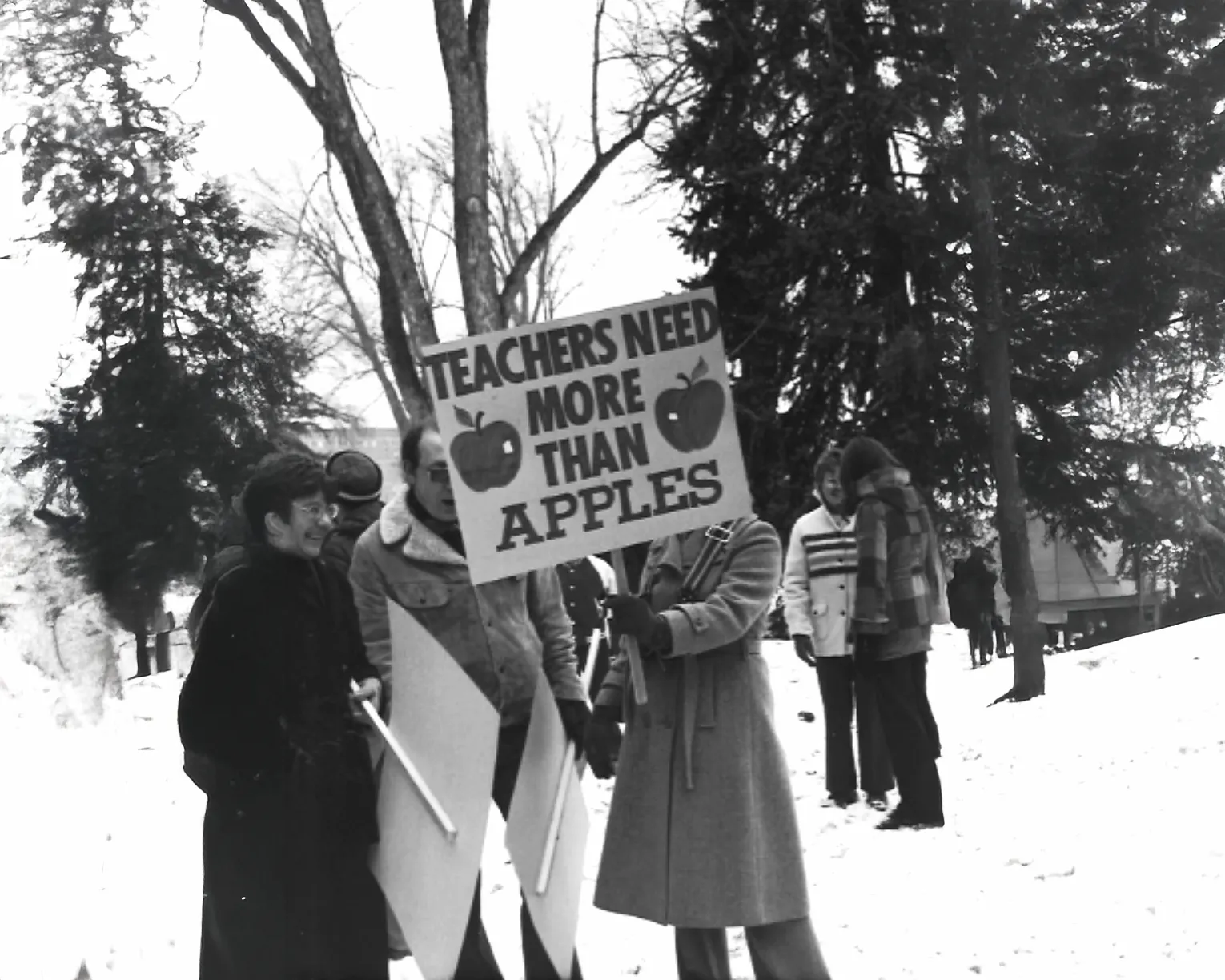
IEA Reporter In Your Inbox
Not an IEA member? That’s ok. You can still sign up to get the latest news about and for IEA members delivered to your inbox.
We are Idaho's public school educators.
As Idaho's largest labor union, we advocate for Idaho's education professionals and work to unite our members and the state to realize the promise of a public education that prepares every student to succeed. Together, our voice is stronger.
